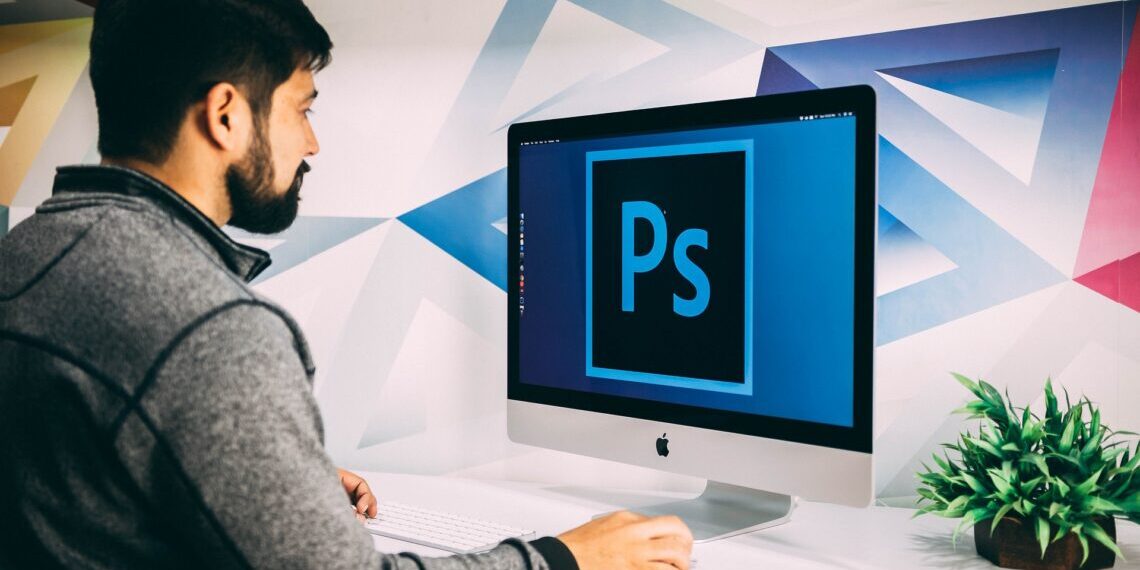On Tuesday May 23rd, Adobe announced that it will be integrating generative artificial intelligence (AI) into its widely used Photoshop editing software. This move aims to enhance accessibility for untrained users by providing AI tools similar to Midjourney and DALL-E, allowing people to generate images from simple text prompts. Since its launch in 1987, Photoshop has become a standard software in various creative industries, offering powerful editing and design capabilities. However, its complex tools often require substantial skill and training.
During a demonstration for NBC News, Maria Yap, Adobe’s Vice President of Digital Imaging, showcased how the new AI tools can significantly expedite the editing process. Yap effortlessly placed a dog’s portrait into an expansive background, creating a vibrant scene using a four-word prompt: “spring trees with sunshine.” What would typically take hours can now be achieved in just minutes. David Wadhwani, Adobe’s President of Digital Media, expressed his optimism that this integration of AI with Photoshop’s existing features will enable a broader range of creators to produce high-quality content. Wadhwani emphasized the transformative impact it could have on content creation and monetization opportunities.
However, concerns persist regarding the effect of generative AI on the job market, as it possesses the ability to create text, images, and videos. In response to these concerns, Adobe has implemented safeguards alongside the new version of Photoshop. They have introduced Content Credentials, a free and open-source tool that allows creators to attach metadata labels to verify whether an image has been altered using AI. This initiative is part of the Content Authenticity Initiative (CAI), launched by Adobe in 2019. Its membership comprises over 1,000 companies, including Microsoft, Stability AI, Synthesia, and other industry leaders which are working to enhance transparency and trust in online photos and videos.
To address ethical and legal concerns from artists, Adobe has ensured that its AI is trained solely on licensed stock imagery. Additionally, the company plans to compensate artists who contribute their work to train the AI. Other AI art companies have faced criticism and lawsuits from artists whose work has been used without permission by generative AI applications trained on images from the internet at large.
Despite the benefits, industry experts worry that the development of Photoshop with integrated AI may lead to job displacement in creative agencies and brands. Terrence Masson, Chair of the Computer Arts Program at the School of Visual Arts, believes that while artistic skills will still be necessary for high-end projects, others may find themselves marginalized. Creative agencies, for instance, may opt to use AI instead of hiring expensive agencies for campaigns, potentially bypassing certain workers.
Adobe’s integration of generative AI into Photoshop aims to make the software more accessible to untrained users. This development has the potential to revolutionize content creation by simplifying the process and opening doors for a broader range of creators. It also raises concerns about the impact on the employment of artists, and the need for safeguards to protect artists’ rights. Nevertheless, the future implications of AI in the creative field remain yet to be fully understood.
The whytry.ai article you just read is a brief synopsis; the original article can be found here: Read the Full Article…




